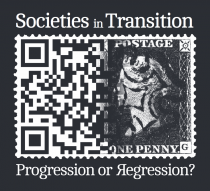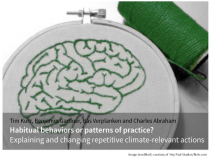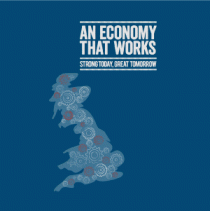- About
- Team
- Projects
- Children and the Environment
- ELiCiT (Exploring lifestyle changes in transition)
- Foundations for Sustainable Living
- HABITs
- Mapping Rebound Effects
- PASSAGE (Prosperity and Sustainability in the Green Economy)
- Policy Dialogue
- Price Responsiveness of Demand in Energy
- Resilience and Sustainable Lifestyles
- Sustainability Transitions in Food Systems
- Sustainable Living in Remote Rural Scotland
- Publications
- News
- Events
Promoting Lower-Carbon Lifestyles
Where:
Room 45AZ 04, University of Surrey
When:
Mar 19 2013 - 01:00
Dr Rachel Howell
Postdoctoral Research Fellow, Aberystwyth University
The role of personal values, climate change communications and carbon allowances in processes of change
Greenhouse gas emissions associated with individuals’ lifestyles are a significant proportion of the UK total. This seminar offers an overview of several linked projects that aim to further understanding of how to promote behavioural changes that will reduce those emissions.
Dr Howell draws her seminar on evidence from her impact study of the climate change film The Age of Stupid. Important methodological challenges - as they occured in her report - for longitudinal studies of behavioural change related to climate change communications are a topic of her presentation as well as the strengths and limitations of the film as a means to promote climate change mitigation action.
The issue is then considered from the opposite angle, with an examination of what has motivated individuals who have already adopted lower-carbon lifestyles. Qualitative research reveals that protecting ‘the environment’ per se is not the primary value stimulating most interviewees’ action; typically they were more concerned about the impacts of climate change on people in developing countries. Although analysis of a survey instrument showed that biospheric values are important to the participants, they tended to score altruistic values significantly higher.
Download the summary of her PhD thesis here. For more information on Rachel Howell visit her university profile. You can read about her work here.
Please note that any views and opinions expressed in the seminar are those of the speakers and do not necessarily reflect the views of RESOLVE, SLRG, ESRC, Defra, The Scottish Government or the University of Surrey













